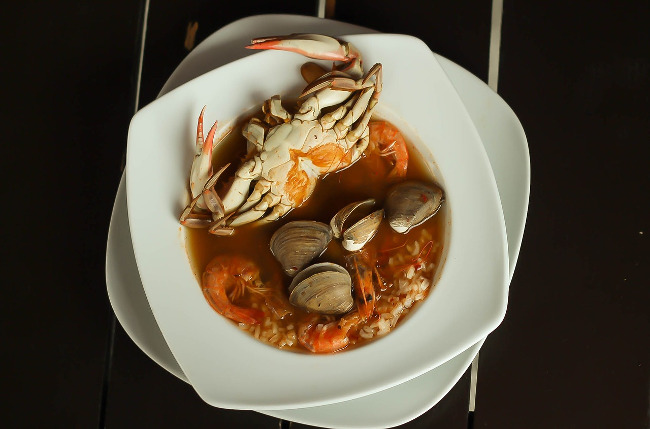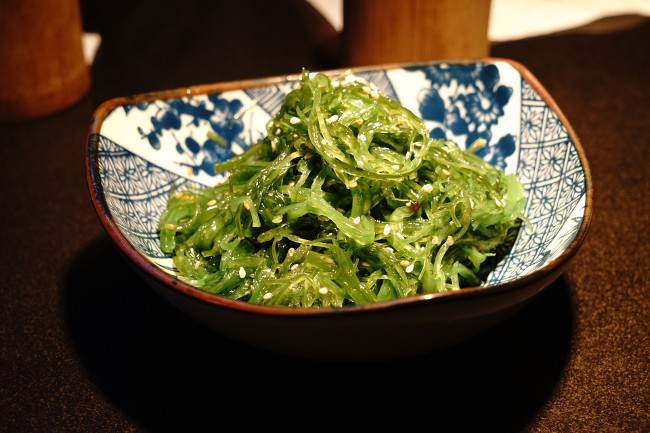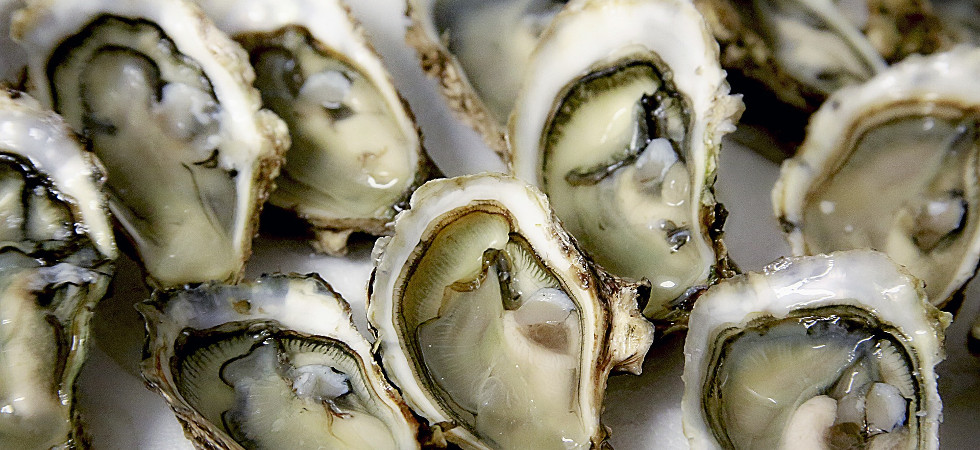We shouldn’t be too quick to disregard the astonishing foods hidden beneath our oceans. Seafood is delicious and, more importantly, extremely nutritious! Here we talk to leading nutritionist Cassandra Barns about her top five picks.
CRAB
Crab is rich in protein and low in fat. It’s a fantastic source of vitamin B12, which is vital for energy and brain health, as well as zinc and selenium, which keep our immune system strong and have antioxidant activity. Try adding crab to soups, linguine or even as a substitute for meat on salads to give your lunch that extra boost.

OYSTERS
Oysters’ elegant appeal overshadows their rich nutritional benefits. They are loaded with essential minerals such as iron and zinc – in fact, they’re our best natural source of zinc. Iron plays a vital role in transporting oxygen to our organs and tissues, while zinc supports immunity and hormone balance. Like most seafood, they are also packed with lean protein.
CLAMS
Clams share some of the nutritional benefits of oysters. They also stand out as the best-known source of vitamin B12, which is vital for energy, brain and nerve health and immunity. B12 is especially important as we get older, to keep our brain happy! Why not reinvent an old classic by dressing them in Japanese toasted sesame oil topped with some sesame seeds.
SEAWEED
Seaweed is a true superfood. It’s especially rich in iodine – a mineral that many of us may be deficient in. It also contains a range of other essential minerals, as well as unique anti-inflammatory and antioxidant compounds not found in other vegetables.

SEA SALT
Commonplace table salt is refined and typically contains just sodium. But sea salt also contains a range of naturally occurring essential minerals. Although consuming high amounts is ill-advised – it’s still primarily sodium, so can have negative effects in excess – it’s always going to be a healthier alternative when used in moderation.






















